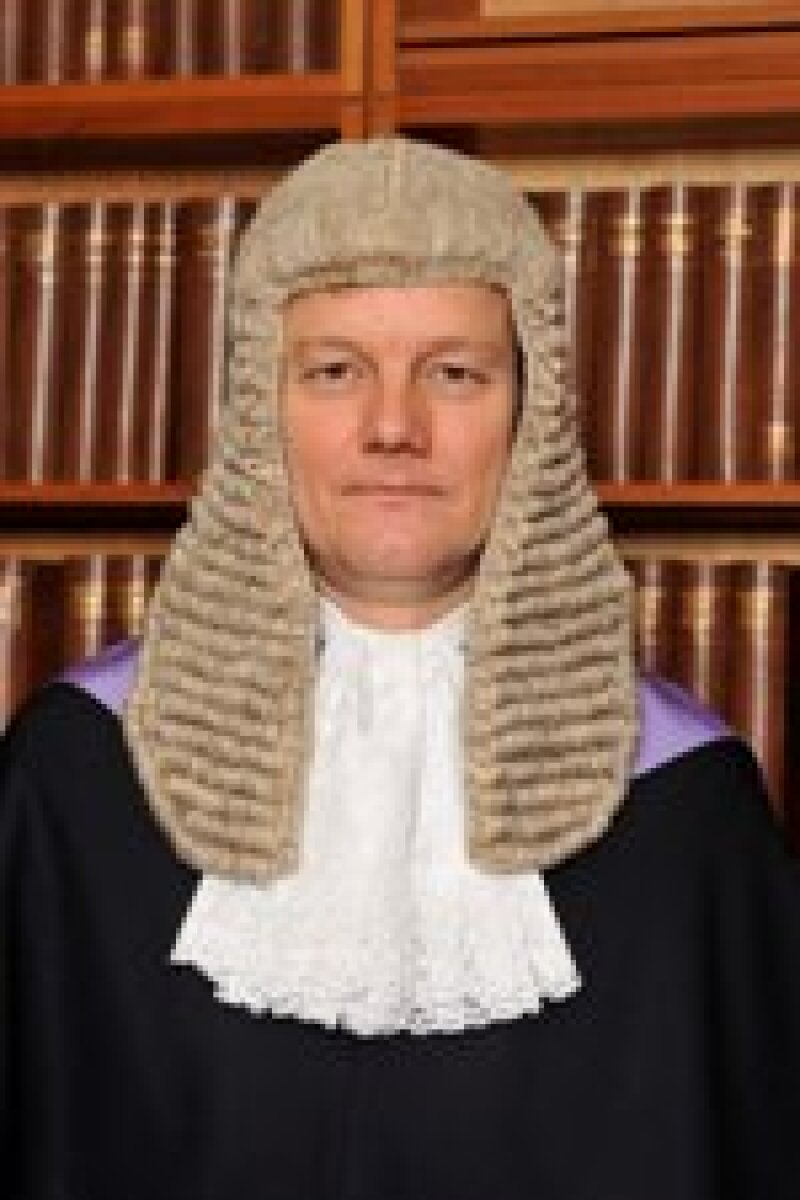But that’s what happened last year when, for the second time, the Court of Appeal overturned a decision to allow survey evidence in the long-running trade mark/AdWords dispute between Marks & Spencer and Interflora.

Writing the opinion, Lord Justice Lewison – one of the IP specialists on the Court, but not known as one of its most outspoken members – said: “With the benefit of hindsight, perhaps I did not make my message clear enough in Interflora I. Let me say it again, but more loudly. A judge should not let in evidence of this kind unless ... (a) it is likely to be of REAL value; and (b) that the likely value of the evidence justifies the cost.”
Lewison’s emphatic language reflects the UK courts’ general desire to cut out game-playing by litigants and keep parties’ costs down. Both concerns are real: it is too easy to rig surveys and the costs can run into hundreds of thousands of pounds.
The UK approach seems to be that surveys only have a value where they support the judge’s own evaluation. That is perceived as being much stricter than the view taken in many other countries. And it creates a problem for trade mark owners trying to prove infringement and/or passing off: namely, how do you show confusion if not by showing that people are confused? And how do you find witnesses who can prove there was confusion without doing a survey?
Without the opportunity to present such evidence, the case often hinges on the judge’s own view of the facts – with him or her assuming the perspective of the normal average consumer (in trade mark cases) or even potentially speaking for a substantial proportion of the public (in passing off cases). That could make the outcome of cases unpredictable depending on which judge is assigned, and what mood they happen to be in during the hearing.
Are surveys dead?

At a judges’ panel on trade marks organised by UCL and MARQUES last year, the first question asked was: are surveys dead? “Yes,” said High Court judge Mr Justice Birss (left) emphatically. As he is one of the judges most likely to hear such cases, potential litigants might want to take note.
In practice, UK courts now play a gatekeeper role with parties asking the judge at an early stage of proceedings whether they can conduct surveys, with predictable consequences. In Assos v ASOS, the judge indicated that the caution over surveys applies equally to passing off cases (an appeal is due later this year), in Fage v Chobani (the Greek yoghurt case, also under appeal) a survey was allowed with significant reservations, but then criticised in the judgment; in A&E TV Networks v Discovery (regarding the History TV channel) the judge suggested surveys should be confined to the bin; in BSkyB v Microsoft (the SkyDrive case) the judge had “considerable doubts as to the probative value” of the survey; and in Mattel v Zynga the judge said “surveys have no evidential weight whatsoever”.
At a seminar on brands at King & Wood Mallesons SJ Berwin this week, speakers including barrister Fiona Clark discussed the difficulties of getting surveys accepted. Ray Black, a partner at the firm, told me the judicial trend was a reaction to the former situation where leading questions were tolerated in surveys, and reflected the fact that litigation had become “outrageously expensive”.
In two recent cases, Cosmetic Warriors v Amazon and Zee v Zeebox, judges flatly refused to allow surveys at the gatekeeper stage. In the latter, Birss said that a survey would be “of some value, but I am not satisfied that the value justifies the substantial cost of carrying it out and the increase in the length of the trial which it will inevitably cause”.
The Zee decision has been appealed, with the Court of Appeal hearing starting today. The panel of three judges includes – you guessed it – Lord Justice Lewison. If the Interflora cases are a guide, the keys on his PC may get another hammering.









